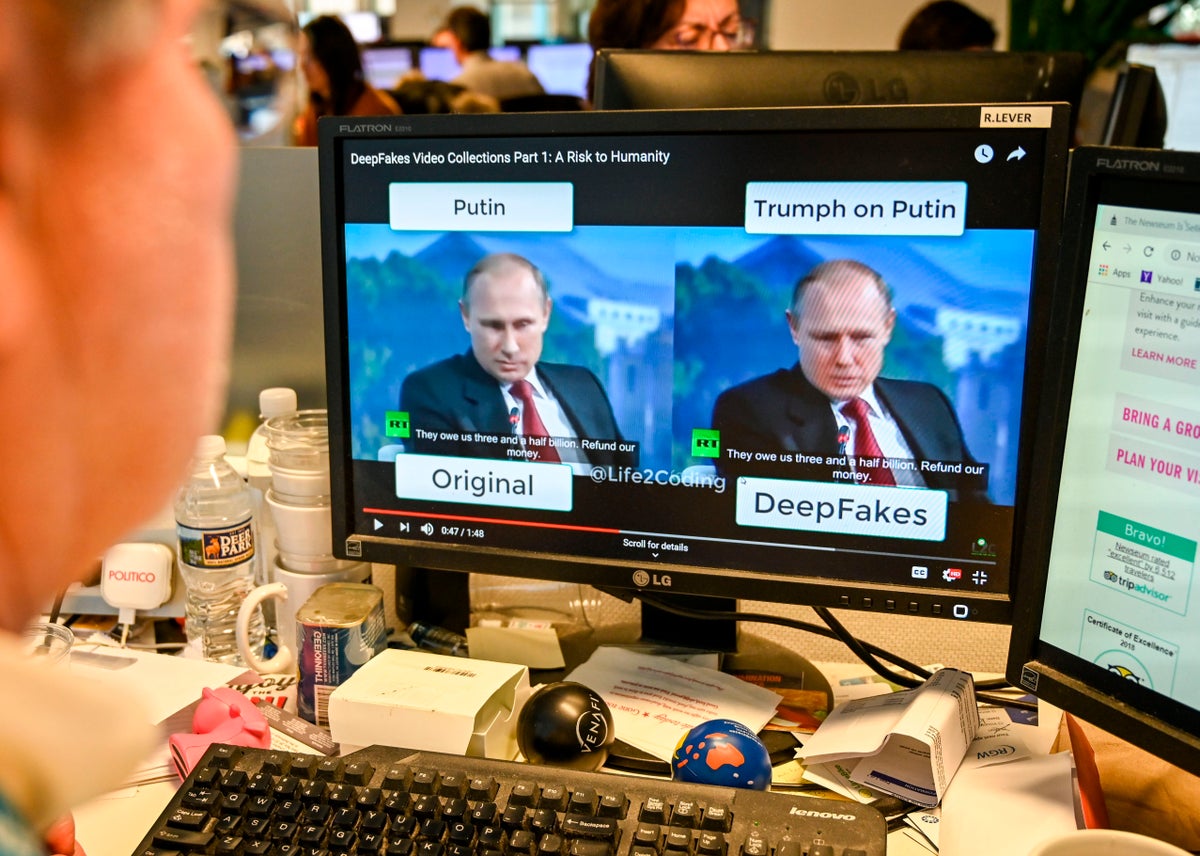
Leaders who oversee some of the US military’s most secretive missions are seeking a new, unprecedented kind of weapon: “deepfakes,” which use machine learning to create life-like phony videos.
US Special Operations Command (SOCOM), which contains elite units from the Army, Marines, Navy, and Air Force, is working to develop “a next generation of ‘deep fake’ or other similar technology to generate messages and influence operations via non-traditional channels,” according to a procurement document discovered by The Intercept.
In recent procurement requests, SOCOM is seeking partners to develop capabilities using lasers, holograms, and the hacking of internet-connected devices as part of its covert operations.
“When it comes to disinformation, the Pentagon should not be fighting fire with fire,” Chris Meserole, head of the Brookings Institution’s Artificial Intelligence and Emerging Technology Initiative, told The Intercept. “At a time when digital propaganda is on the rise globally, the U.S. should be doing everything it can to strengthen democracy by building support for shared notions of truth and reality. Deepfakes do the opposite. By casting doubt on the credibility of all content and information, whether real or synthetic, they ultimately erode the foundation of democracy itself.”
The Independent has contacted SOCOM for comment.
Last year, the so-called “Twitter Files” document dump revealed that Twitter had knowingly allowed the US military to conduct influence operations on the site using phony news sources with deepfake avatars.
US officials have repeatedly voiced concern around other countries using social media manipulation to target the US, following widespread Russian disinformation campaigns on Facebook and elsewhere during the 2016 election.
In 2018, 13 Russians and three companies were charged with attempting to interfere in the 2016 election. Federal prosecutors said hackers took on American identities and used Facebook groups, social media ads and inflammatory images to boost support for Donald Trump and sow division across the US.
Deepfakes have surfaced more recently during the Russian invasion of Ukraine, with fake videos showing both the Ukrainian and Russian presidents surrendering to each other.







